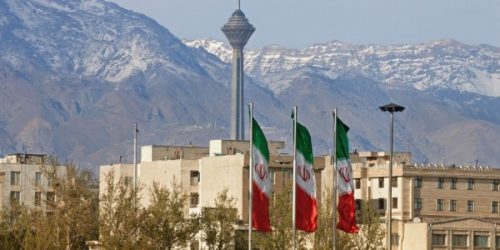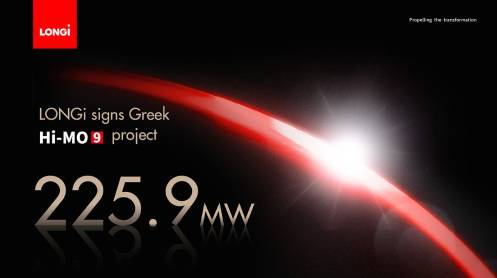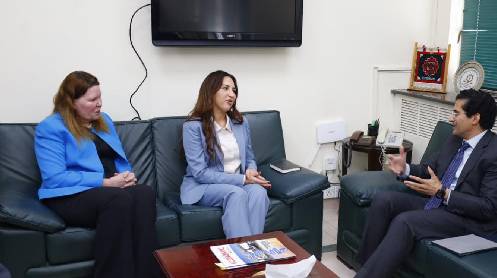Iran is considering letting residents invest in oil on the domestic energy exchange, Iranian President Hassan Rouhani said, as the Islamic Republic’s economy and its people are struggling with the coronavirus outbreak, low oil prices, and U.S. sanctions on Iran’s energy, shipping, and banking industries.
“The government, especially the economic board, has always been trying to adopt and implement policies and measures to control liquidity and direct it to the right path and production cycle,” the official website of the Iranian president quoted Rouhani as saying on Tuesday.
Iran’s plan is to allow the public to invest in oil and its supply on the energy exchange, which would also be “an important step to counter the enemies’ oil embargo,” the Iranian president said.
“People should be confident in the government’s efforts to stabilise the economy and know that we will spare no effort in protecting their livelihood and assets,” according to the Iranian president.
However, the COVID-19 pandemic and the collapse in oil prices coincided with the maximum pressure campaign of the United States against Iran, whose oil exports have shrunk over the past two years, reduced oil revenues, and plunged the country into recession long before the pandemic hit all other economies in the world.
Iran is now desperate to raise revenues as its key budget source—oil income—is restricted due to the sanctions.
On Wednesday, Iranian President Rouhani told a cabinet meeting that “The stock market and oil — not gold and the dollar — are the places to be investing and we want to help people this way,” Bloomberg quoted Iran’s state TV as reporting.
Rouhani has not given many details about the plan to have Iranians invest in oil, but the semi-official website Eqtesad News reported earlier this week that the idea would likely involve “pre-selling” around 220 million barrels of oil on Iran’s energy exchange, IRENEX, through Islamic bonds, which are securities similar to futures, Bloomberg notes.





